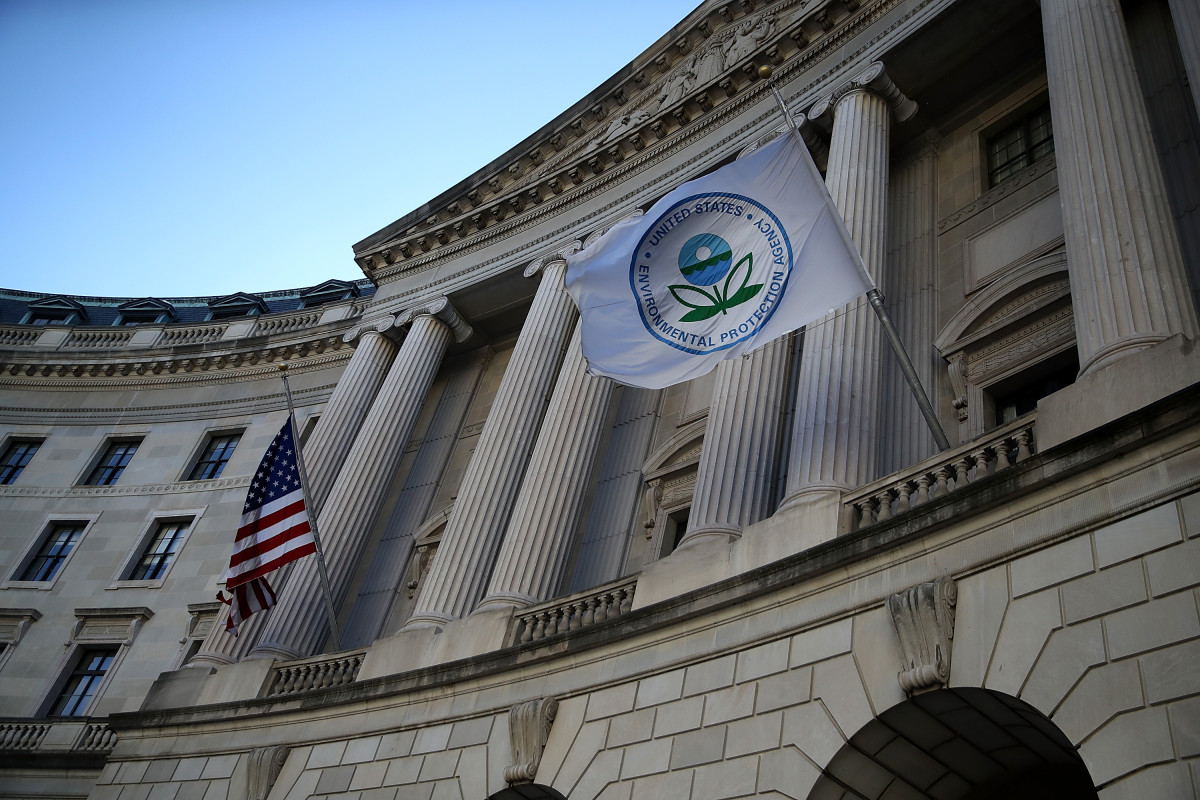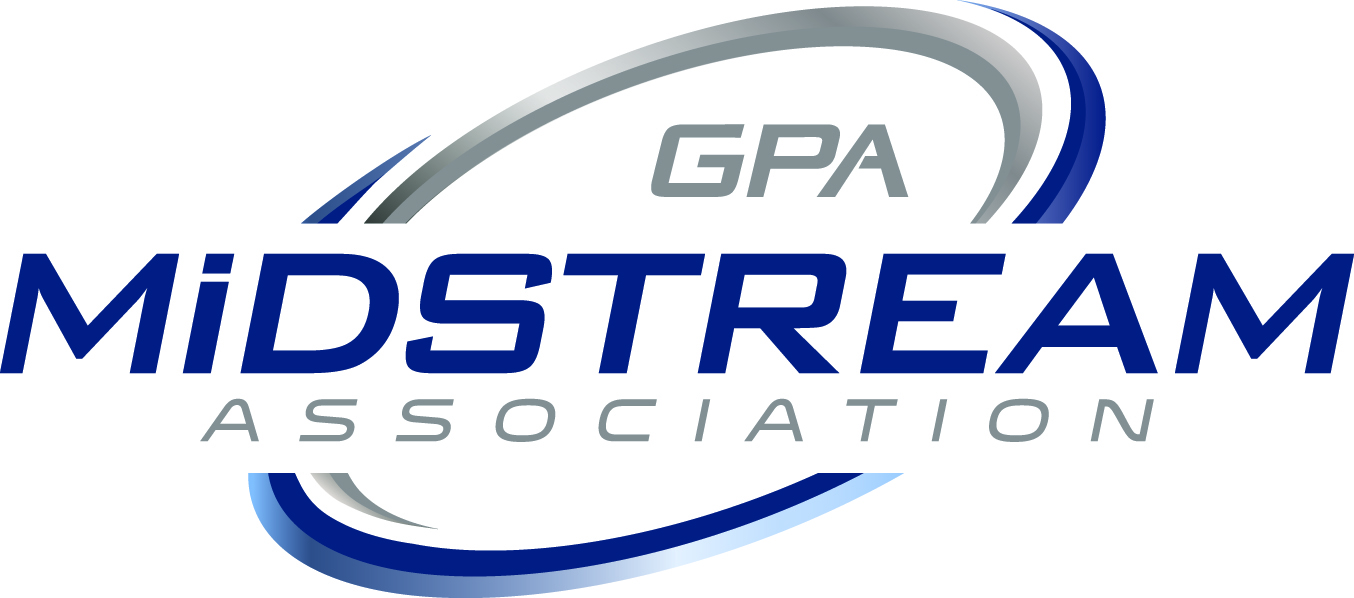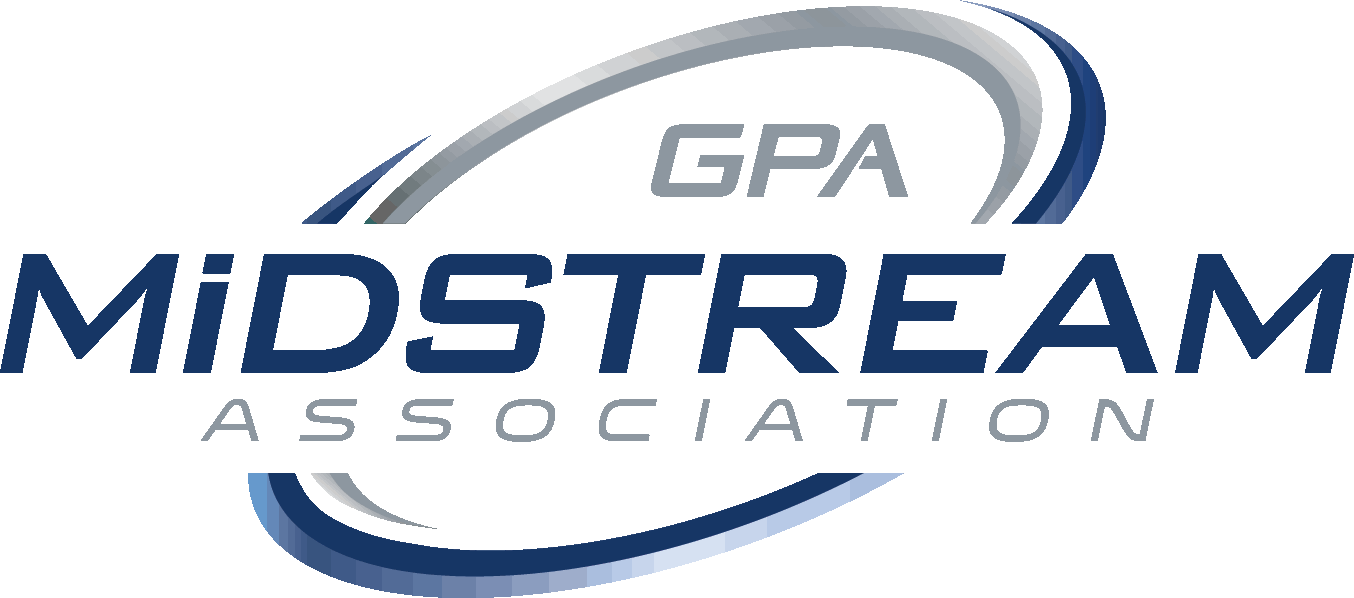
GPA Midstream Association and GPSA Association joined forces to maintain a Clean Air Act-related rule that has been on EPA's books for 15 years. For GPSA, whose member companies have served the energy industry for nearly a century, this is a first foray into advocacy.
The U.S. Environment Protection Agency has proposed the repeal of a 2008 final rule related to so-called fugitive emissions that would be costly and burdensome to the industry and ignores the agency's own historical interpretation going back more than 40 years.
Extending the regulation to include fugitive emissions in making major modifications could possibly subject numerous projects to more onerous permitting requirements, including those in nonattainment areas. That includes projects with low or extremely low major modification thresholds such as those as low as 25 tons.
The proposed rule to include fugitive emissions in permitting for certain projects is a misreading of the Clean Air Act, and we urged in comments filed with the EPA that they maintain the exemption for modifications deemed major solely due to the inclusion of fugitive emissions.
The GPA and GPSA comments filed Feb. 14 take issue with the proposed rule that an emissions source that does not belong to existing specific categories of sources be considered fugitive and could trigger a New Source Review under the Clean Air Act when physical or operational changes are needed.
We urged EPA to maintain current rules and to not adopt a one-size-fits-all approach that would require all states to include the revisions in their own implementation plans. If there is any change, it should be the choice of state and local governments to consider if fugitive emissions be included.
What's more, cost burden to state and local regulators wasn't taken into consideration and confuses the review process rather than restore clarity, certainty and consistency to the regulations, as the EPA says it intends.
To date, the EPA hasn't provided any quantitative, appreciable benefit from the proposed revisions and failed to adequately evaluate the cost and burden of the regulations.


